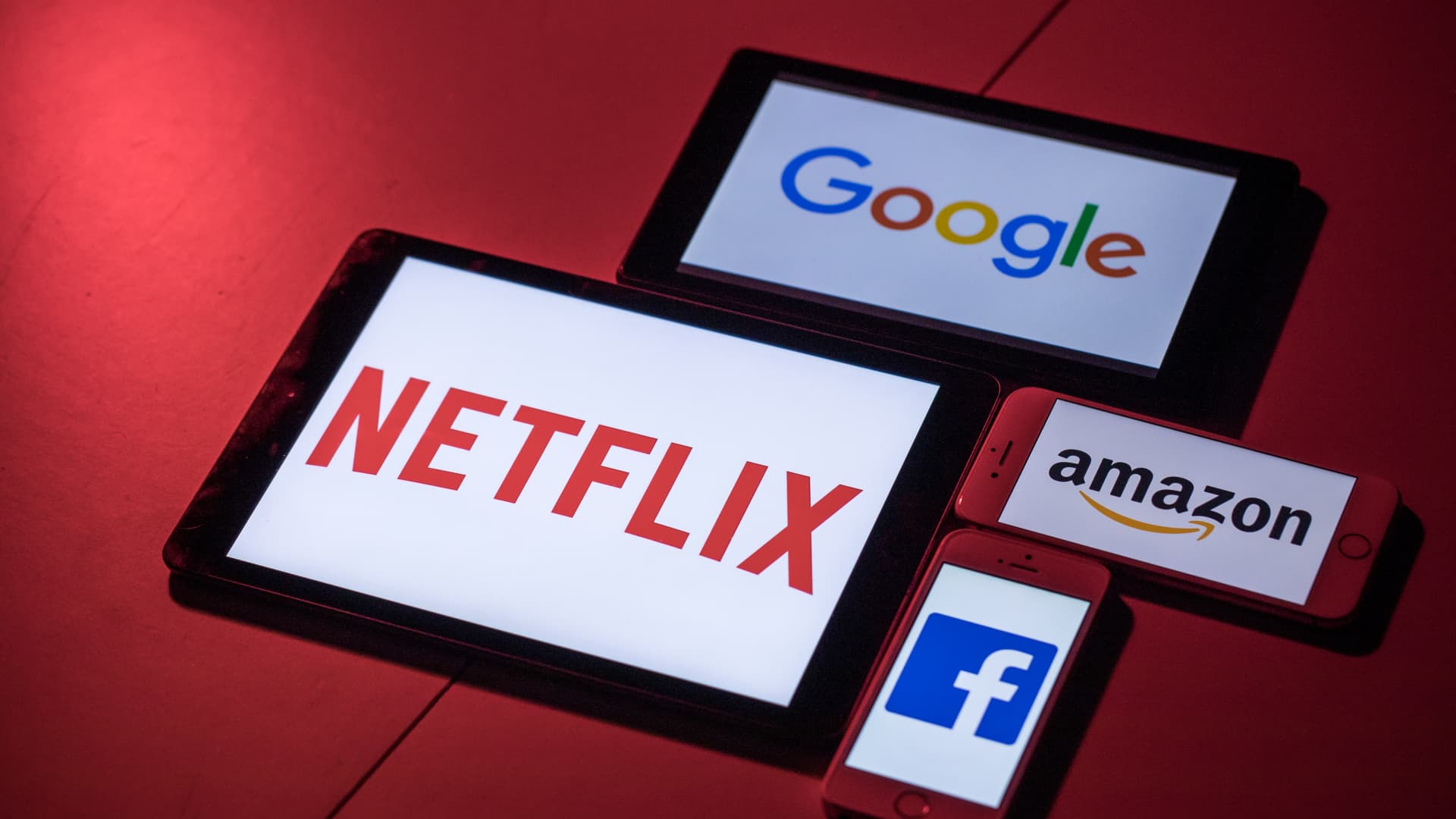
Fortune Connect is a new learning community for the next generation of purpose-driven leaders. We provide you with the tools and allies you need to accelerate your career, enter the C-suite, and have a positive impact on business. Join live events with Fortune 500 leaders and build your network.
It’s no surprise that A.I. implementation comes with a steep learning curve. That doesn’t mean it’s not worth the trouble.
If you’re hoping to be a future-focused business leader, “you need to force yourself” to use A.I., Nicolai Tangen, CEO of Norges Bank Investment Management, told Fortune’s Peter Vanham last week during an interview on Fortune Connect, Fortune’s executive leadership community.
Whether or not you’re already a tech whiz, or even whether your specific role relies on generative A.I. like ChatGPT, it’s incumbent upon leaders to get up-to-speed on its applications and potential next turns. That’s certainly the case for Tagen. He manages the Norwegian Sovereign Wealth Fund, which is the world’s largest single investor. The fund has a stake in over 9,000 global companies—including Apple, Nestlé, Microsoft, and Samsung—and owns about 1.5% of all the listed companies in the world.
As with the bulk of Fortune 500 giants, A.I. adoption is impossible to overlook; and neither executives nor rank-and-file workers should wait to upskill. A recent Fortune survey of Fortune 500 CEOs found that predictive A.I., which is best for analyzing reams of data—by a landslide—is the technology they expect to create the most opportunities for business in the next decade.
Hailing from an older generation—or just simply being out of touch—is no excuse, Tangen said. “If you’re an older person, and you don’t really have experience, get some of the young guys to help you,” Tangen advised. The new iterations of A.I. have “kind of turned the value of seniority upside down a bit,” he added.
But young workers may beg to differ. The idea that the younger you are, the more you know about A.I. could be a misnomer. Nearly 40% of Gen Z workers said they don’t believe their college education adequately prepared them for the tech-related needs of the modern workplace, per a recent Dell Technologies survey. Over half said they have “very basic” or even zero digital know-how. Luckily, having grown up very online, they’re more likely to catch on quickly and become A.I. natives.
And ultimately, young workers educating older workers is a good thing, Tangen said. “It’s a very democratic software; you can be an idiot like me and get value out of it, because you basically just talk to the machine,” he laughed. “It’s really unbelievably powerful.”’
Harnessing the power
Tangen’s expectations and concerns align squarely with those of other major executives. Andy Bird, CEO of education giant Pearson Education, recently told Fortune Connect that to remain competitive in the job market, most workers have no choice but to become A.I.-fluent.
“In many ways, technology and A.I. are moving faster than real life,” Bird said. “We’re struggling to catch up, and the impact that that has on us both as individuals and as companies is the need to continually re-skill and upskill.”
Indeed, A.I. has made its way into daily operations at thousands of businesses. On any given day at French pharma and healthcare giant Sanofi, 9,000 people—10% of the company—are using A.I., its CEO Paul Hudson told Fortune Connect. “There are going to be companies that [don’t adopt A.I., and] really try to hold everybody back,” Hudson added. “I think they won’t be able to compete.”
Tangen echoed Hudson and Bird, saying A.I. is “just a completely transformative thing.” Applications like ChatGPT and its ever-expanding list of competitors will transform everything people do, within and beyond the office.
“It’s happening very fast in my mind—it’s a bit like being on Apollo 11, going out into space,” Tangen told Vanham. “It’s really exciting, but it’s also a bit scary at the same time.” And while large-scale implementation can seem daunting, Tangen is keeping his eyes on the immediate future.
“We just need to target 10% productivity improvement in the firm over the next 12 months,” he said. That shouldn’t be too difficult; a recent study from MIT and Stanford found that A.I. improves worker productivity by 14%. That’s good news for bosses and workers alike—so long as they don’t work in jobs that A.I. might steal.
























































